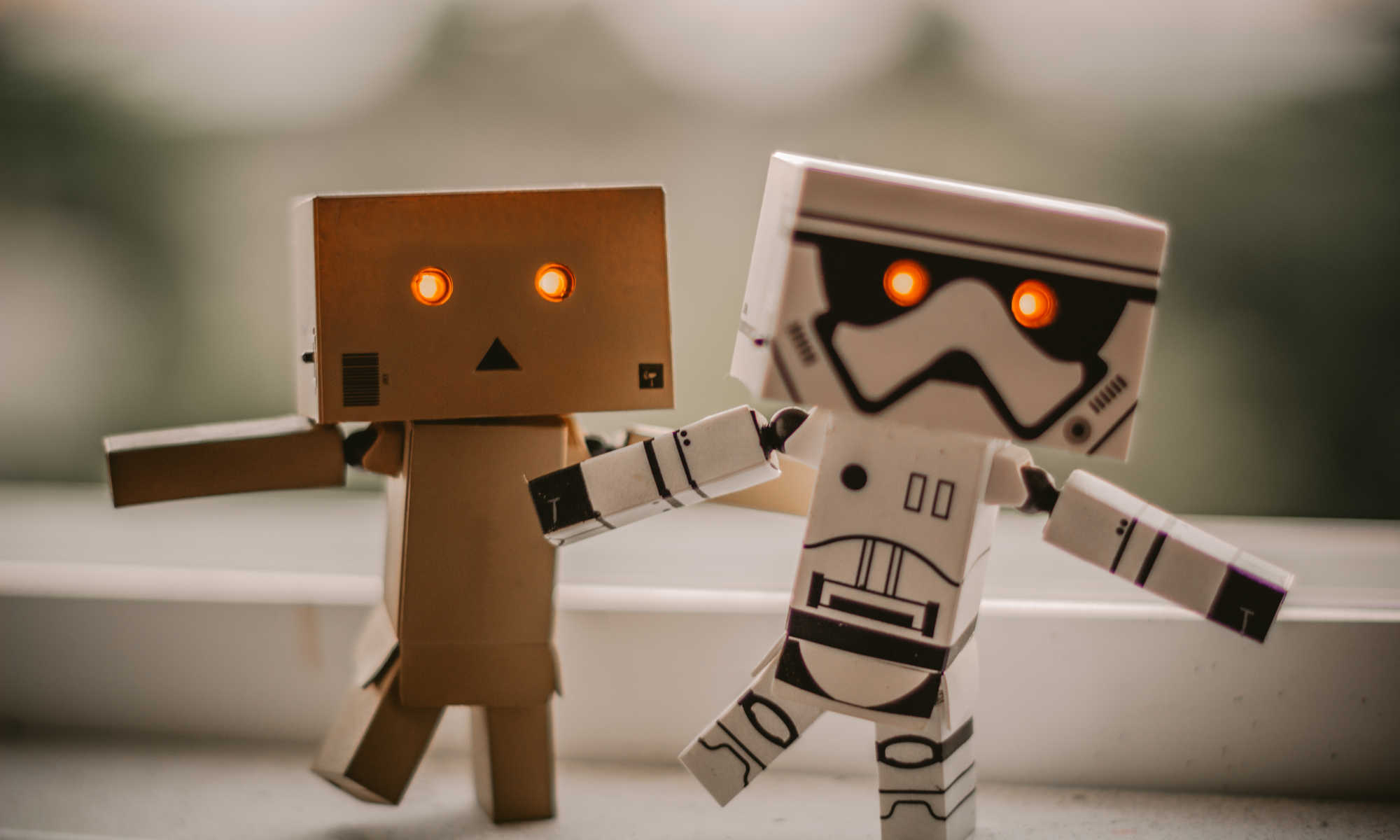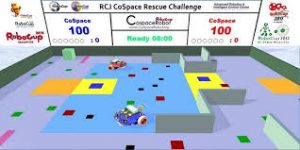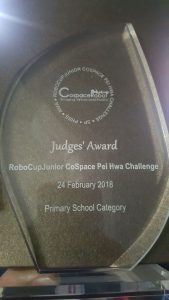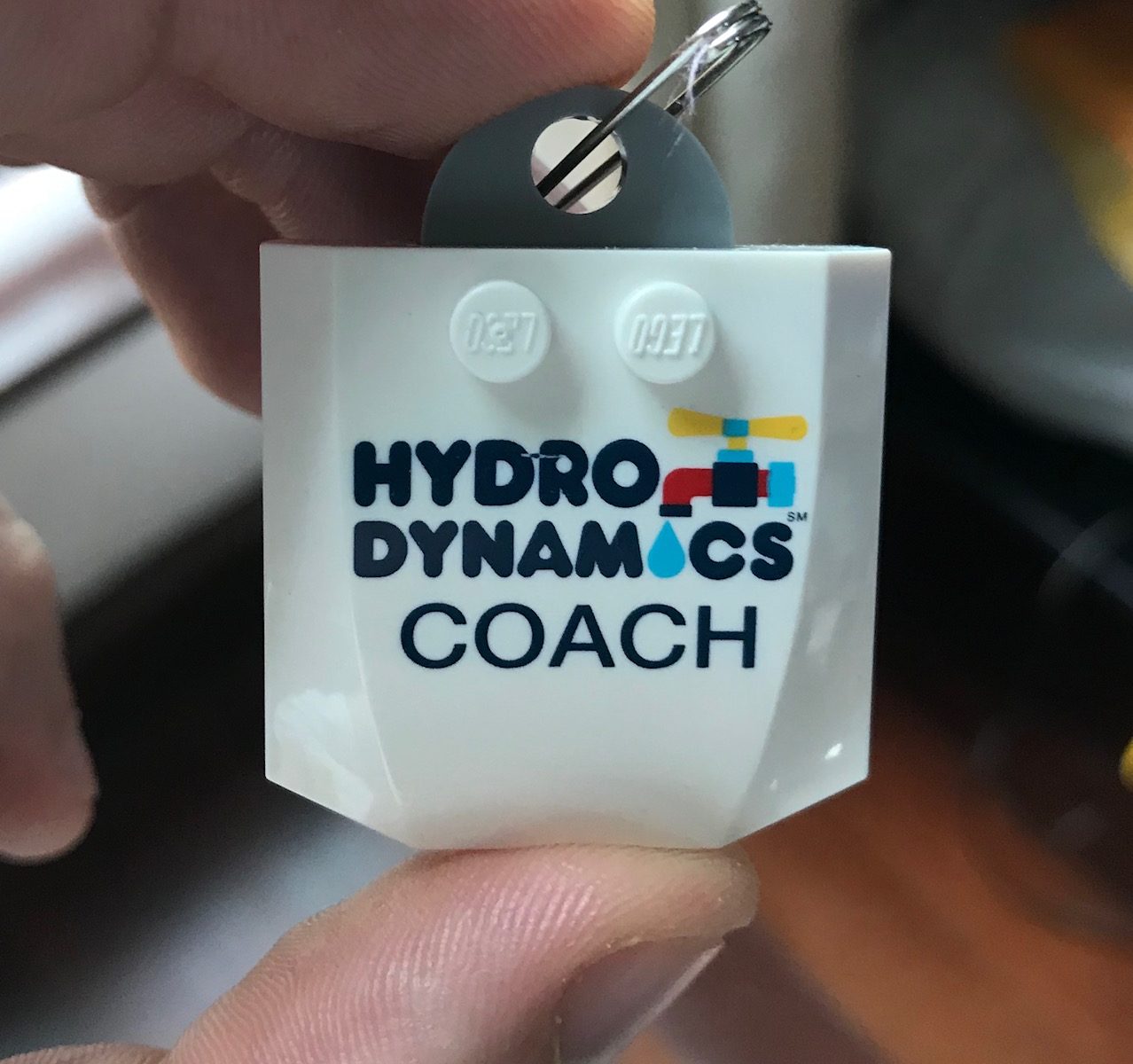Without much time to prepare, really a month, including four 1.5 hour sessions, where my time was divided among 2 competitive teams, as well as the recreational CCA groups, one of the IDE Series entries – Garbage Boat – managed to catch the eyes of the judges and win a nice award. I have to say, the 2-boy team was extremely excited about the project from the beginning. When the motors that we had in class didn’t work well, they brought a couple of toy 3V motors from home and experimented with them. They designed the garbage scoop all on their own, and even re-engineered the boat from an air-propelled craft, to a more conventional water-propeller vehicle similar to regular boats.
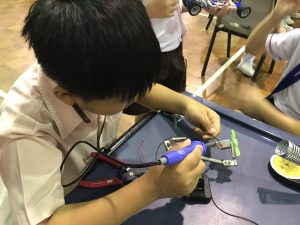
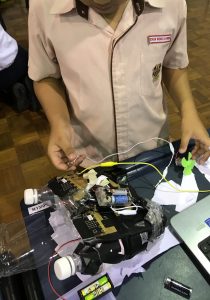
As we entered the competition space, we realized the boat was in a very bad shape – all the wiring had to be redone. I worked with K-Boy, getting in a bit of experiential learning with a soldering iron, a crimping tool, and a glue gun. He managed to secure the micro:bits, motors and props just in time for his showcase (… and get the nurse to bandage his minor soldering iron burn…).
The all-girls Sail Train team didn’t win an award, but were very proud to participate and represent their school.
